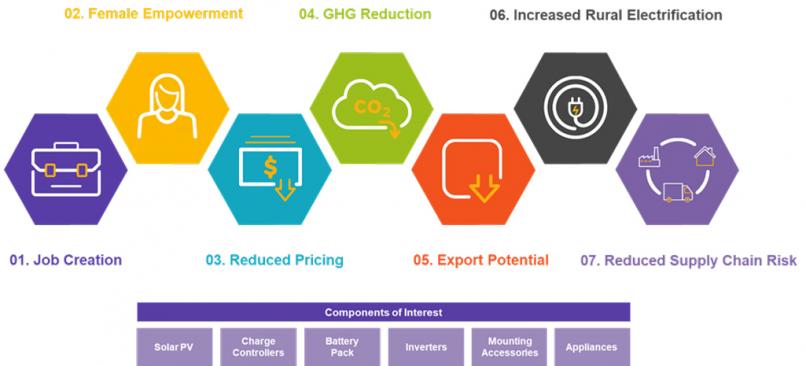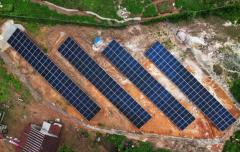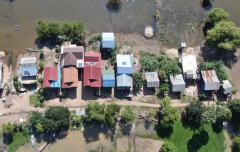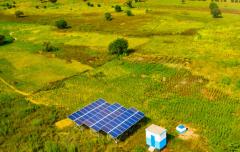Project: Achieving Economies of Scale in the Nigerian Solar Value Chain
This project is a collaboration between Sustainable Energy for All (SEforALL) and All On, a non-profit working to grow Nigeria’s market for sustainable off-grid energy solutions.
The Federal Government of Nigeria requested the support of SEforALL and All On in analysing the potential to increase local content in the off-grid solar value chain and growing the local solar manufacturing industry.
Benefits of localizing the solar value chain

This request came in the context of Nigeria launching its Economic Sustainability Plan in 2020, which targets 5 million new solar-based connections in off-grid communities under the Solar Power Naija project. Nigeria-based manufacturing and assembly of solar home systems and mini-grids was an essential part of this plan because it could increase local revenues and create jobs. In fact, the Economic Sustainability Plan sought to incentive the creation of 250,000 new jobs in the energy sector.
In response, SEforALL and All On developed the following:
- A supply and demand-side geospatial data platform to determine the best operators and sites for solar systems deployment in Nigeria.
- Analysis of strengths and weaknesses in the existing solar component value chain based on insights gleaned through interviews with stakeholders, such as mini-grid developers, solar home systems distributors, assemblers, manufacturers and the business community who are vested in delivery of key component items like photovoltaic modules, batteries, cables and appliances.
- An economic model that simulates the impact of key private and public sector levers on socio-economic indicators, such as product price, jobs created, GHG emissions, etc. The publicly accessible model can be used by companies and the government to explore how they can support localization.
- A final guide for stakeholders with recommendations and implementation modalities for localization of key impact components in the solar value chain.
Using these tools, SEforALL and All On continue to work with key stakeholders in Nigeria, including local solar firms, the Rural Electrification Agency, and the federal government to help them implement required steps for localization.




